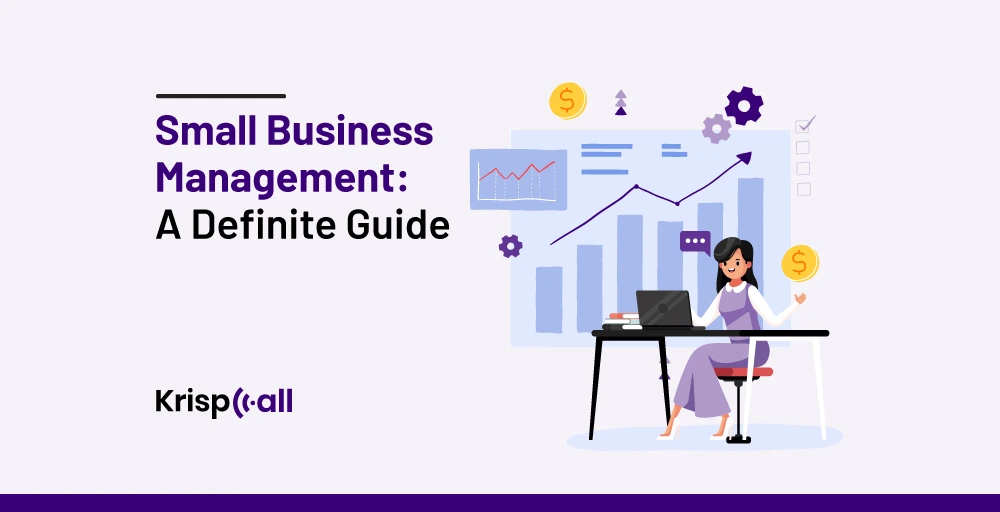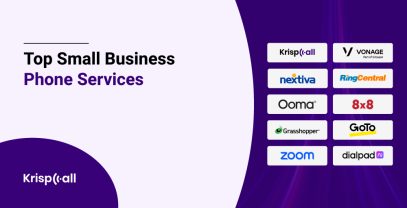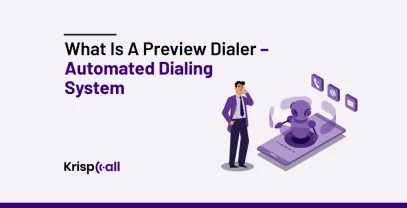Are the daily complexities of running a small business leaving you feeling stuck and uncertain about the future? 🤔
If you are struggling with the difficulties of managing money, dealing with market fluctuations, and making sure that everything flows well in your business, then remember you are not alone. The struggle is real where the stakes are high, and the hurdle seems nearly impossible to overcome.
However, the solution lies in meeting the challenges directly and applying appropriate measures. 🛠️
In this guide, we’ll analyze what actual small business management (SBM) is, the tools for its successful management, skills to gain for smooth implementation, and some additional tips for its execution.
🔑 KEY HIGHLIGHTS
- Management of small businesses involves coordinating employees, financials, operations, and business strategy.
- For successful business management, the lead should possess qualities like better decision-making, active listening, and time management.
- Utilize technology tools like call management, CRM, and collaboration tools for smooth workflow and better productivity.
What is Small Business Management?
Small business management is a technique of systematically planning, handling, and organizing the overall workflow of a small-scale enterprise to make the most out of limited resources. This includes everything from defining a business’s goals to creating action plans to managing finances and day-to-day operations.

For example, let’s consider you own a small boutique shop. As a small business management lead, you have to set goals, like increasing sales by 15% in six months.
To achieve your goals, you must create plans for a new line of handmade accessories, local advertising, social media marketing, and proper allocation of resources, keeping everything in mind, such as finances and monitoring the task progress, all while adjusting your strategies.
Why is Small Business Management Important?
The importance of small business management lies in its ability to leverage several benefits including:
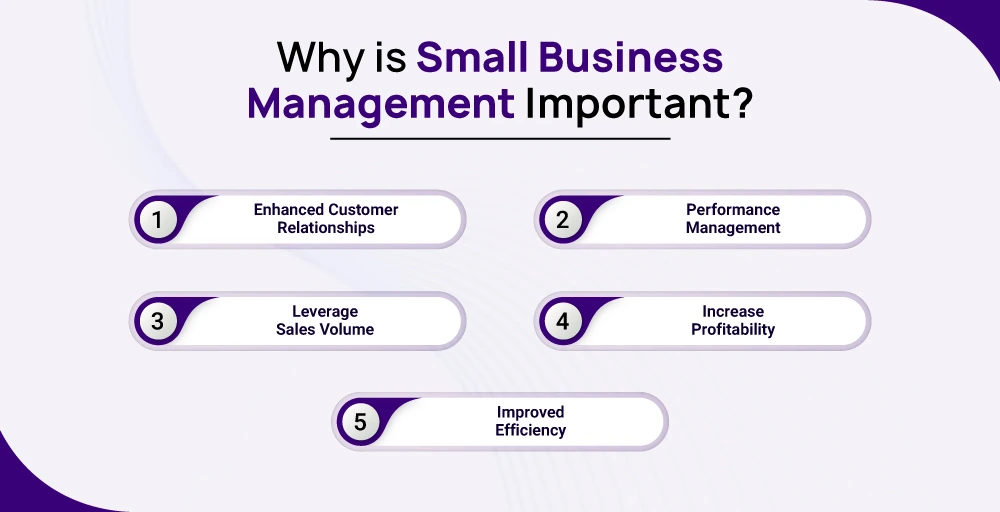
- Enhanced Customer Relationships: Focusing on customers and giving them personalized services is one of the major aspects of small business management. This helps in effective communication, customer loyalty, and satisfaction.
- Performance Management: As a small business manager, you oversee and boost employees’ performance. This gives insights into the projects, such as tasks being executed efficiently, goals being met, and resources being used effectively, ultimately contributing to the company’s success.
- Leverage Sales Volume: Effective Business Management involves strategic planning and execution to increase sales volume by identifying market opportunities and implementing targeted marketing campaigns.
- Increase Profitability: Through careful financial planning, cost control, and statistical decision-making, small business management helps to increase profitability. It maximizes revenue and minimizes expenses by adapting to market trends, resulting in long-term financial profitability.
- Improved Efficiency: By allocating resources properly and managing project workflow, the overall efficiency of the business increases.
What are the tools for managing a small business?
With all the benefits a successful small business management brings efficiency in the overall management is necessary.
Call Management Tool
Call management tools are systems that are used to handle a large number of incoming calls. These tools are full of essential call features like call recording, tracking, real-time monitoring, integrations, IVR, and virtual receptionist to increase customer satisfaction.
Some of the best call management tools in the market to manage your small business calls are:
1. KrispCall
KrispCall stands out as the best call management software list for its affordability and functionality, providing services to businesses, enterprises, and call centers alike. With outstanding near-perfect ratings on various review websites, KrispCall is a trusted and reliable cloud-based VoIP provider jam-packed with a multitude of features.
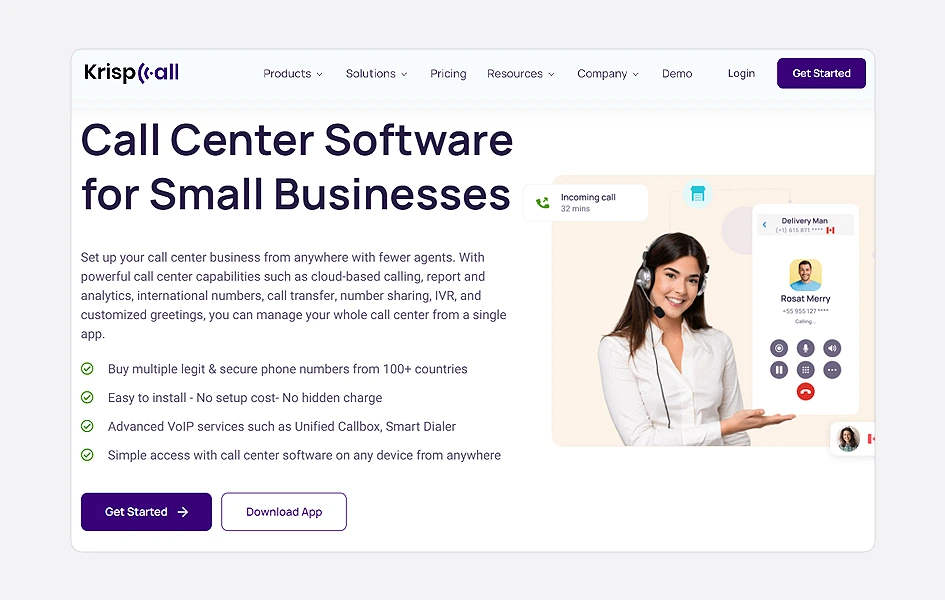
In addition to its wide range of call management features, such as call transfer, number sharing, IVR, and global calling, KrispCall also offers an affordable plan, an intuitive interface, and 24/7 human support. This makes KrispCall the first choice of every small business owner.
Features
- Unified Callbox
- Shared Phone Number
- Call Analytics
- International Virtual Phone numbers
- Integrations such as HubSpot and Zappier
- Interactive Voice Response (IVR)
Pricing
- Essential: $ 12 monthly/user (billed annually)
- Standard: $ 32 monthly/user (billed annually)
- Enterprise: Customizable and can be requested
👉 Get a Free KrispCall Demo Today!
2. Google Voice
Google Voice is another great customer management tool used to manage your incoming and outgoing business phone calls. Developed by Google, Google Voice is a cloud telephony service provider that can help you stay connected and organized with business communication.

Google Voice has been one of the best telecommunication and call management systems in the market since 2010. It offers many features that make it easy and convenient to manage your calls.
Features
- Virtual Numbers for Business
- One number on multiple devices
- Integration with Google Workspace apps
- Call screening and blocking
- Unlimited calls and texts
Pricing
- Business Starter: $6/user/month (billed annually)
- Business Standard: $12/user/month (billed annually)
- Business Plus: $18/user/month (billed annually)
- Enterprise: Customizable/ Contact Sales
CRM Platform
A CRM platform is a system of software or an application designed to support the process of managing sales leads, opportunities, and customers.
Customer relationship management and CRM platforms for a business can improve the relationship with the customers. With tracking and monitoring capabilities plus analytics, it also helps businesses to make informed decisions.
1. Hubspot CRM
Hubspot is a large American company founded in 2006 that provides a powerful customer management platform that helps businesses all over the world to track and organize their relationships with customers.

It brings an interactive interface with various efficient solutions to increase customer engagement and monitor/analyze insight data useful for strategic planning. It also provides integration features with services like email.
2. Zoho CRM
Similarly, Zoho is a cloud-based customer management service provider that has been active in the business since 1996. It offers a comprehensive solution to businesses in tracking leads, managing pipelines, and increasing productivity by automating certain tasks.

It also provides a very user-friendly platform to monitor all your customers and keep track of data. With its integration features and other analytical tools, you can have a complete overview of your customer interactions and essential data.
Team Communication Platform
No matter the size of the team in a business, communication among the active members plays a significant role in harnessing the power of combined productivity. Such communication tools can work as a seamless mediator platform between the team members of a business, even if they are working on-site or remotely.
Some popular team communication platforms are:
1. Slack
Slack is a workplace communication tool initially developed and released by Slack Technologies in 2013. It allows individuals and teams to collaborate in real-time on projects, sharing key files, media, and information.
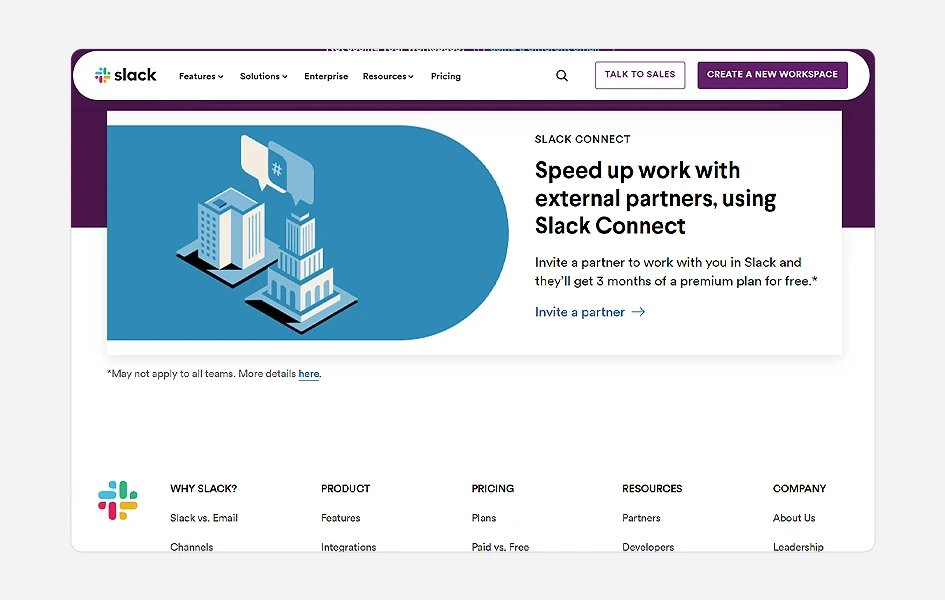
Connecting with hundreds of different applications, Slack centralizes notifications, files, and data from the tools and services your business already uses. Its powerful and flexible features include channel space organization, conference and collaboration, workflow builder, apps, and integrations of more than 2,200 tools such as Gmail, Trello, and Asana.
2. Microsoft Team
Brought to you by the Microsoft Corporation, Teams is one of the most secure communication platforms available. You can seamlessly communicate with your team members through different means like instant messaging, calls, video calls, etc.

You can do a lot of things with the features offered by Microsoft Teams. From scheduling meetings to integrating calendars, the accessibility of the platform on various devices like PCs and mobile phones (Android, IOS), makes it easier for users to synchronize their data and onboard on ongoing communication from anywhere at any time.
Social Media Management Tools
As people all over the world are using various kinds of social media platforms to connect, a new arena for businesses to create leads has been unlocked. However, due to the growing number of social media sites and the demand for rampant postings, managing tools are necessary to smooth out your social media journey.
Buffer and SproutSocial have been briefly mentioned below:
1. Buffer
The Buffer web app offers various social media integrations to properly manage postings and even schedule them. With the help of this tool, even a single person can easily handle your business’s social media presence and campaigns.

Buffers provides various AI solutions to their customers, like AI post creators. Along with that, it also provides analytics to the connected media accounts based on the various metrics to increase interactivity on your social media account.
2. SproutSocial
SproutSocial markets itself as an all-in-one solution for businesses that want to manage their social media campaigns. Providing integration to one of the largest sets of social media sites available on the internet, this tool has become the industry standard of many large MNCs.

You can use a single online platform to utilize the full potential of SproutSocial. Like Buffer, it also has all the scheduling, posting features, and analytical tools integrated within it.
Project Management Software
To manage various ongoing projects in a business, the managers have to track assigned tasks, take routine updates, and provide resources, etc to the team members. Such jobs are handled by modern project management software.
Some of the market’s most revered project management software are as follows:
1. Trello
Trello is a web-based solution for the task of project management. With its intuitive design, even newcomers to the platforms can easily learn and pick up their features to use it as a full-fledged management tool.

It lets you create different workspaces where you can assign unique members and create boards accordingly. Each board can be customized with various cards and elements within them to list out tasks, assign to dedicated members, status markers, and many more.
2. Monday.com
Monday.com is also a cloud-based tool that provides project management services catering to small to large-scale businesses. Its clean UI makes it very easy for small businesses to adapt faster, plus its integration capabilities can ease rapidly expanding/growing small businesses.
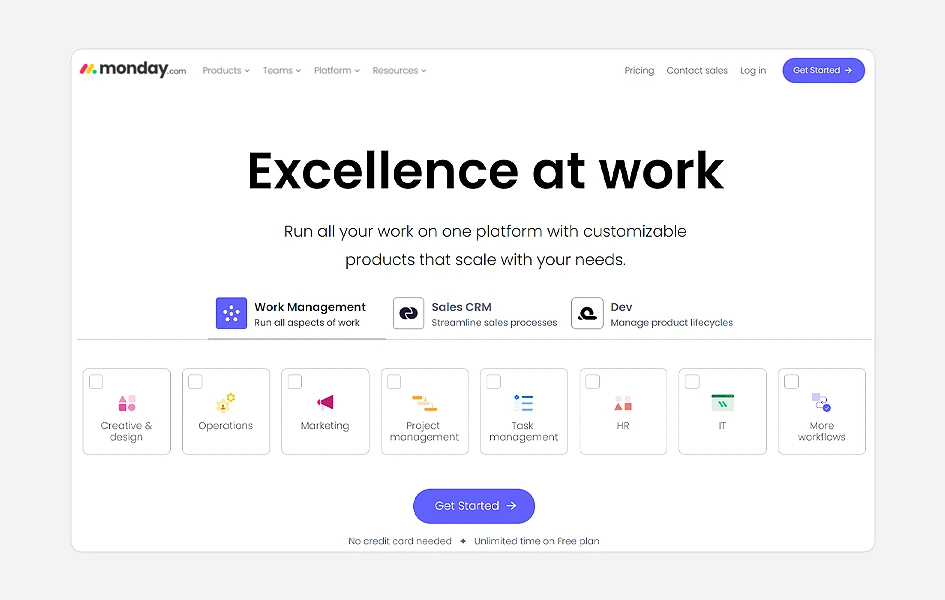
With Monday, you can assign members various tasks, provide strict deadlines, make priority lists, track updates of your tasks, and automate other different processes to systemize the project management aspect of the business.
What are the Best Skills for managing a small business?
The best skills for managing a small business are described below:
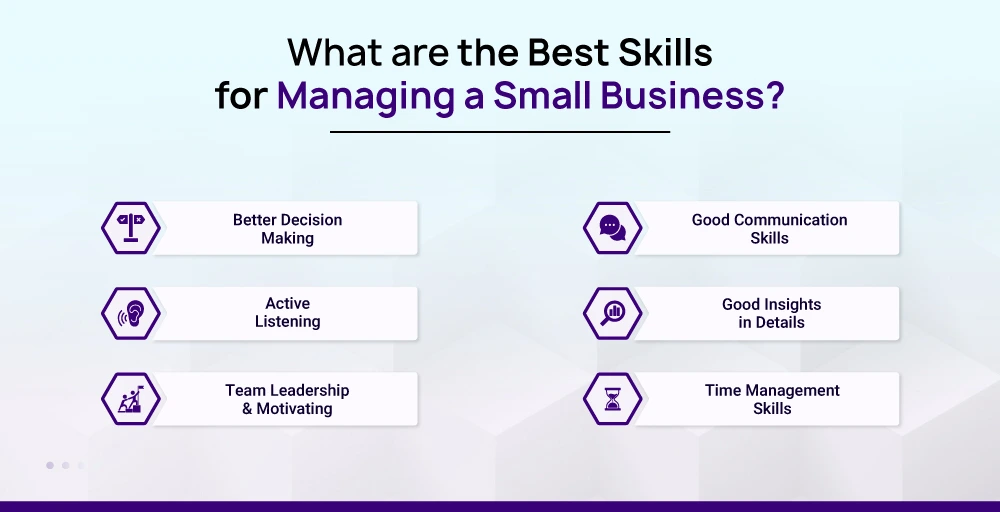
Better Decision Making
As the success of your business depends on your many macro and micro decisions, you should always build better decision-making skills. Decision-making may not always be about picking one option over the other. It is a complete skill set that involves weighing options, problem-solving, reasoning, intuition, creativity, and emotional intelligence.
Good Communication Skills
Better communication skills mean better relationships with customers, employees, suppliers, and other business partners. This skill set comprises several tiny skills, such as the ability to convey messages clearly, verbal and non-verbal cues, seeking feedback, and being courteous.
Active Listening
Being a good listener is just as important as being a good communicator. Pay close attention to what others are saying, both verbally and nonverbally. This will help you understand their needs, concerns, and perspectives, which can lead to better decision-making and stronger relationships.
Good Insights in details
Paying attention to details is another essential skill for better management of a small business. It is the ability to notice, process, and act on small and specific aspects of a task, project, or situation. This helps business managers improve their performance and quality by quickly identifying potential issues and optimizing the workflow process.
Team Leadership & Motivating
A good small business manager should be a leader who inspires and motivates the team. Leadership leads to a positive work culture, innovativeness, and employees’ full potential, which in turn makes business successful.
Time Management Skills
With limited resources and a never-ending to-do list, time management is essential for small business owners. The ability to prioritize tasks, focus on what’s most important, and avoid distractions will help you get the most out of your day and achieve your goals.
Most useful Tips for Managing the Small Business
An effective small business journey requires solid planning and execution. Here are some essential tips to guide you through the process:
- Make a detailed and adaptable business plan by clearly defining your goal, target audience, and strategies, including budget planning and projections.
- Keep the business and personal finance separate by using dedicated business credit cards for transactions.
- Identify your funding needs and explore various funding options like loans, investors, and crowdfunding.
- Hire the individuals whose skills align with your business needs and provide to keep them skilled.
- Recognize and reward employees for their hard work and encourage open communication to address concerns and issues.
- Regularly track and analyze your financial statements and set aside funds for taxes and unexpected expenses.
- Invest in marketing by developing a strong online presence through a website and social media.
Conclusion
In a nutshell, managing a small business with limited resources is a hassle and a stressful task. However, your path to success becomes easier with the appropriate utilization of tools like call management tools and team collaboration tools, as well as the necessary skills like decision-making, active listening, and leadership.
Additionally, if you want to level up your small business management, don’t forget to check out KrispCall. It is one of the best cloud-based telephones for your call management with 99.99% uptime and an advanced set of call center features starting at an affordable price of $15/user/month.
FAQs
How is small business management different from entrepreneurship?
Small business management and entrepreneurship are related concepts but have distinct differences. Small business management focuses on the daily operations and efficiency of an existing business. On the other hand, entrepreneurship involves creating and developing new ventures with an emphasis on innovation and growth.
What are the different types of Strategies used for managing small businesses?
Types of strategies used for managing small businesses are as follows.
- Cost Leadership: Focus on becoming a low-cost producer.
- Differentiation: Offer unique products or services.
- Focus or Niche Strategy: Concentrate on a specific market segment.
- Innovation: Introduce new products or processes.
- Market Penetration: Increase market share with existing products.
- Diversification: Expand into new products or markets.
What do you mean by small business management operation?
Small business management operations refer to the daily tasks and processes involved in running a small business, including financial management, human resources, marketing, sales, supply chain, and customer service.
What are the 5 different types of small business?
Small businesses can fall into various categories based on their industry and nature. Here are five common types:
- Retail Businesses: Involved in selling goods directly to consumers.
- Service Businesses: Provide intangible services such as consulting, education, or healthcare.
- Manufacturing Businesses: Involved in producing physical products.
- Wholesale Businesses: Sell goods to other businesses rather than directly to consumers.
Hospitality Businesses: Include restaurants, hotels, and entertainment venues.

